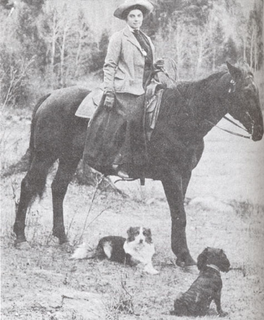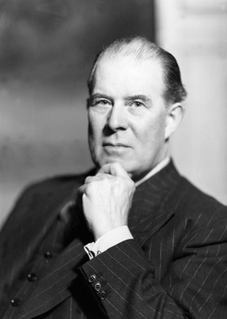A Quote by Blaise Pascal
Philosophers.-We are full of things which take us out of ourselves.
Related Quotes
The sinister, the terrible never deceive: the state in which they leave us is always one of enlightenment. And only this condition of vicious insight allows us a full grasp of the world, all things considered, just as a frigid melancholy grants us full possession of ourselves. We may hide from horror only in the heart of horror. (“The Medusa”)
And now let us believe in a long year that is given to us, new, untouched, full of things that have never been, full of work that has never been done, full of tasks, claims, and demands; and let us see that we learn to take it without letting fall too much of what it has to bestow upon those who demand of it necessary, serious, and great things.
There is a form of eminence which does not depend on fate; it is an air which sets us apart and seems to prtend great things; it is the value which we unconsciously attach to ourselves; it is the quality which wins us deference of others; more than birth, position, or ability, it gives us ascendance.
Realize that illness and other temporal setbacks often come to us from the hand of God our Lord, and are sent to help us know ourselves better, to free ourselves of the love of created things, and to reflect on the brevity of this life and, thus, to prepare ourselves for the life which is without end.
I think one reason is that philosophers are more insecure to speak accessibly because non-philosophers are skeptical that philosophers have any special expertise. After all, all people - not just philosophers - have attitudes and points of view on various philosophical questions, and they rather resent being told that there are professionals who can think about these things better.
The mathematical is that evident aspect of things within which we are always already moving and according to which we experience them as things at all, and as such things. The mathematical is this fundamental position we take toward things by which we take up things as already given to us, and as they must and should be given. Therefore, the mathematical is the fundamental presupposition of the knowledge of things.
Energy-fire experiences take us into ourselves only that we might reach outside of ourselves. Metanoia is a de-centering experience of connected-ness and community. It is not an exercise in reciting what Jesus has done for me lately. Energy-fire ecstasy, more a buzz than a binge, takes us out of ourselves, literally. That is the meaning of the word 'ecstatic.'
No one can help us to achieve the intimate isolation by which we find our secret worlds, so mysterious, rich and full. If others intervene, it is destroyed. This degree of thought, which we attain by freeing ourselves from the external world, must be fed by the inner spirit, and our surroundings cannot influence us in any way other than to leave us in peace.
There are some places which, seen for the first time, yet seem to strike a chord of recollection. "I have been here before," we think to ourselves, "and this is one of my true homes." It is no mystery for those philosophers who hold that all which we shall see, with all which we have seen and are seeing, exists already in an eternal now; that all those places are home to us which in the pattern of our life are twisting, in past, present and future, tendrils of remembrance round our heart-strings.
Philosophers have long conceded, however, that every man has two educators: 'that which is given to him, and the other that which he gives himself. Of the two kinds the latter is by far the more desirable. Indeed all that is most worthy in man he must work out and conquer for himself. It is that which constitutes our real and best nourishment. What we are merely taught seldom nourishes the mind like that which we teach ourselves.
We need to regularly stop and take stock; to sit down and determine within ourselves which things are worth valuing and which things are not; which risks are worth the cost and which are not. Even the most confusing or hurtful aspects of life can be made more tolerable by clear seeing and by choice.
We rely upon the poets, the philosophers, and the playwrights to articulate what most of us can only feel, in joy or sorrow. They illuminate the thoughts for which we only grope; they give us the strength and balm we cannot find in ourselves. Whenever I feel my courage wavering, I rush to them. They give me the wisdom of acceptance, the will and resiliance to push on.








































